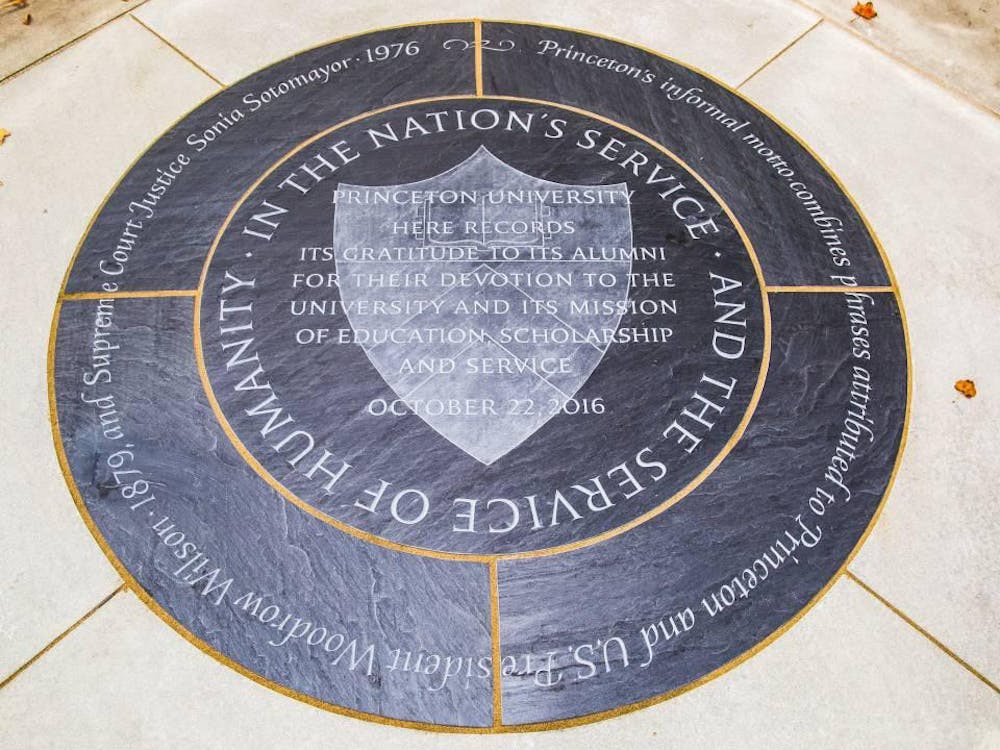One day when I was in ninth grade, my English teacher gave us all index cards on top of which we were to write “Be Here Now.” She had noticed a lot of people not paying attention, so the idea was that by putting tallies on the card whenever we caught ourselves not paying attention, we would see the error in our ways and learn to stay focused. Of course, like practically everything when you’re 15, this turned into a joke for us. People would make grand interruptions in class to mark their index cards, they were ironically “forgotten,” etc. But looking back now, I wonder if my English teacher had a point, one that resonates much more than just an ill-conceived teaching exercise.
In one sense, it’s kind of pointless to tell someone to “Be here now,” since we are always in the place that the sentence is uttered at the time the sentence is uttered. However, just because we are physically present in a place doesn’t mean we are mentally present. In this way, the idea is that we should align our physical presence with our mental presence to fully engage with the the world around us.
We live in a world where we can easily transport our attention far away from our physical surroundings. As tempting as this is, there are times when we should resist this amazing technology, chief among them being precepts and seminars.
Given the phenomenon of students taking notes on instruments that can transport them mentally far away from class, the issue of whether to use/allow laptops in precepts and seminars has become a contentious one. Though I recognize there are several compelling reasons why a person might bring a laptop to class — they think they take notes better or that it is helpful to Google new terms — I am against using laptops in class because of this idea of “Be here now.”
Regardless of how constructive the laptop usage may be (and let’s be honest, most of the time I’ve brought my laptop to class, I’ve magically found myself on Facebook), it takes one’s mind elsewhere. The students of the class have come together with the professor to be in this place, and the laptop user has left it. No matter how attuned his ears might be, his eyes are fixed on the screen, in another world.
This problem is not solved, as some have suggested, by turning off the Internet during class. Computers are less distracting without the Internet, that is true, but one’s eyes are still glued to the screen. As someone who sits far too much in front of a computer screen, I still find it ridiculous to watch someone who is on a computer. They are motionless, silent, seemingly unaware of the world around them. In short, they are simply not present, and having a classroom full of people who aren’t present goes against the whole idea of having a class.
The professor and the other students are, in my opinion, owed the respect of meeting the physical presence with a mental one. Class isn’t some website to get information from; these people have assembled for the time-honored tradition of exchanging ideas — they came together physically so that they might also do so mentally. So to me it isn’t a question of whether it’s easier to copy to Blackboard from handwritten notes or the typed variety. It’s a question of giving due respect to the person at the front of the class who prepared a lesson and to the very concept of having a class by being there in every sense of the word.
Some may say I have taken this point too much to its extreme, that people can multitask and should be able to check their email as well as participate in class. However, studies have shown us time and time again that humans are actually not that good at multitasking, and we usually end up being less efficient than if we had done the tasks in series. But even if we were good at it, it wouldn’t change the fact that by staring at the computer screen we are signaling to those around us that they only deserve a percentage of our attention, whereas I think it’s the whole point of class that everyone is fully there and everyone is fully involved.
I am not making the argument that being mentally present with those physically around us is the only way to go through life. It is the great wonder of telecommunication that we can interact mentally with people in Brooklyn and Berlin and Beijing while we are in Princeton, and I truly believe this global connectedness enriches our lives. But I also believe there is a time and place for everything, and sometimes, including precept and seminar, we should marry the “here” of our physical location with the “here” of our mental location: “Be here now.”
Luke Massa is a philosophy major from Ridley Park, Pa. He can be reached at lmassa@princeton.edu.








